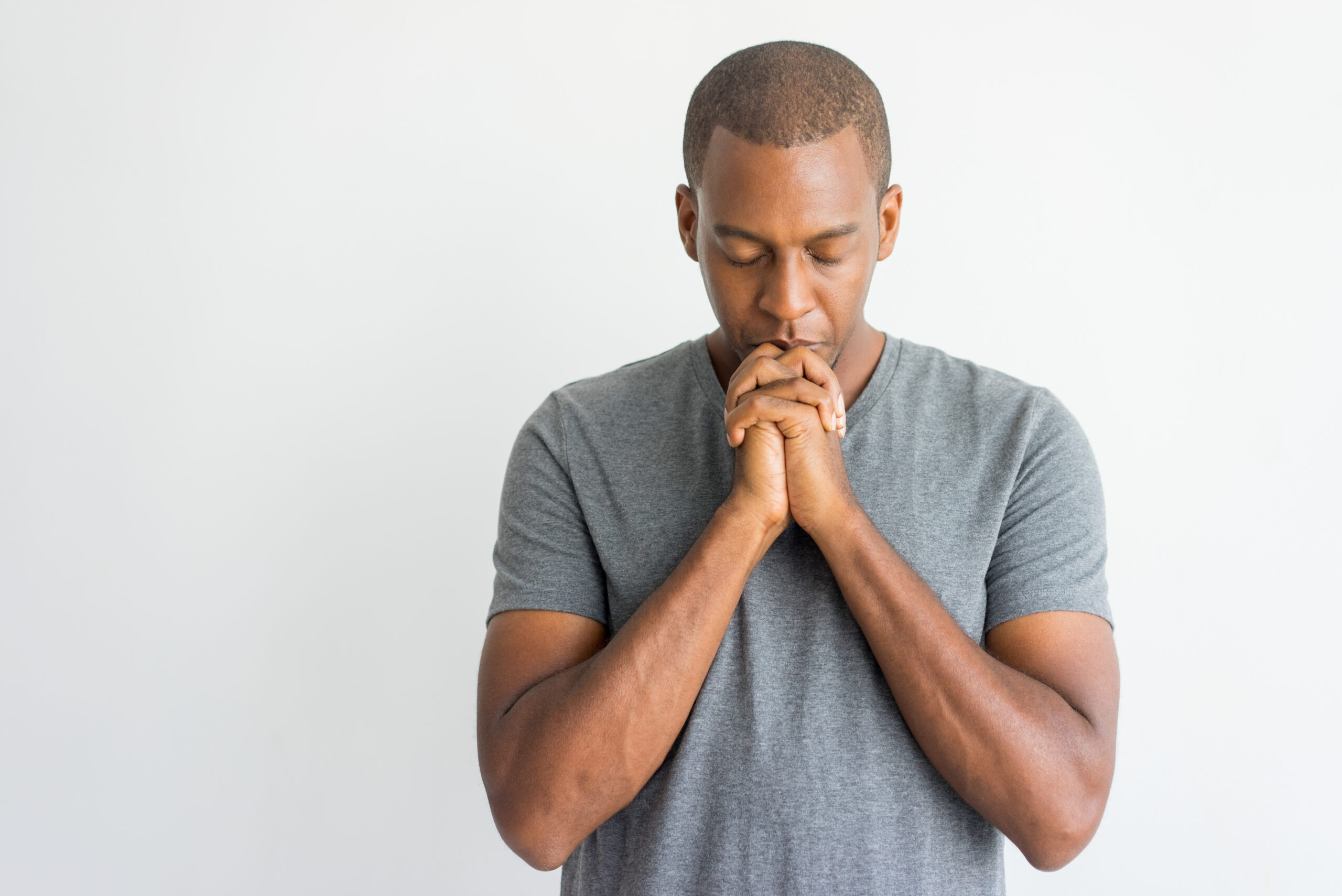
3 goals for a pastor’s prayer life
Ronald Reagan once humorously repeated a story often referred to as the “Texas Sharpshooter Fallacy.” The tale involves shooting a gun at a barn, then painting “bull’s-eyes” around the bullet holes. For the uninformed, the aftermath makes the shooter appear to be an expert marksman, when in reality he only managed to hit the side of a barn.














